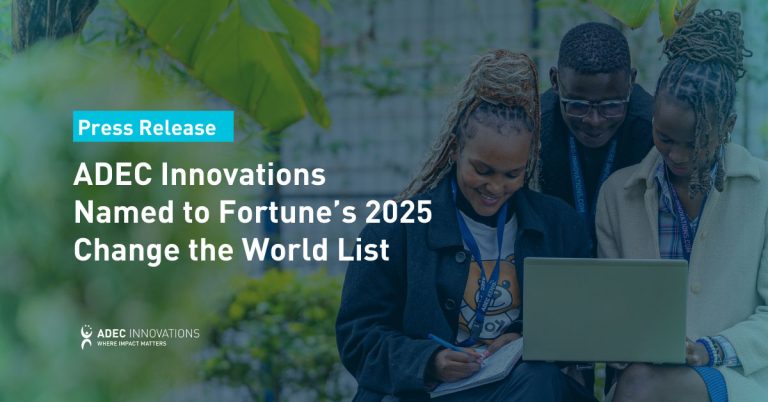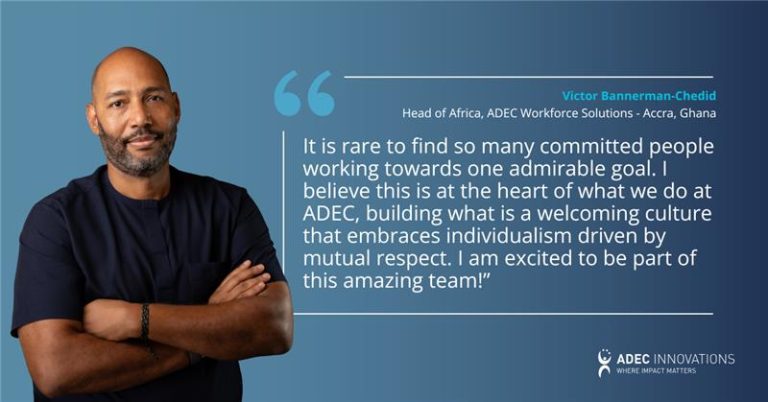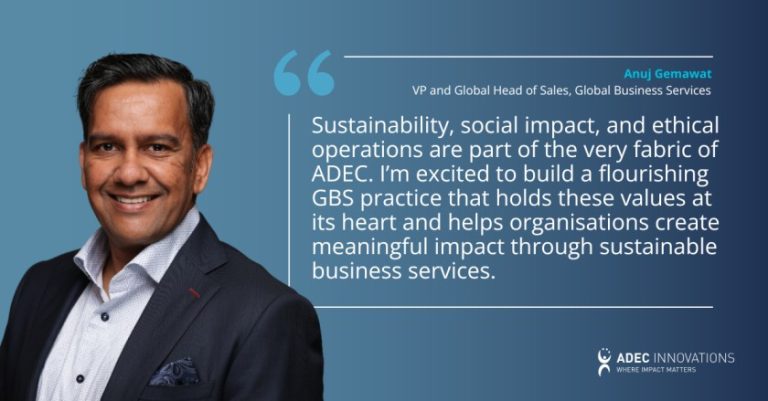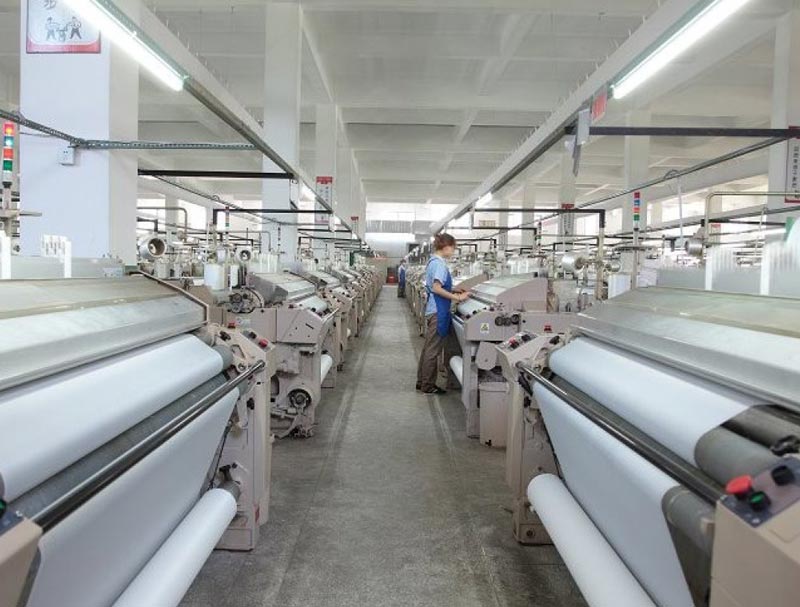Impact Solutions A brief history of Impact Sourcing and why it’s important
A brief history of Impact Sourcing and why it’s important
News
- |
Share this post:
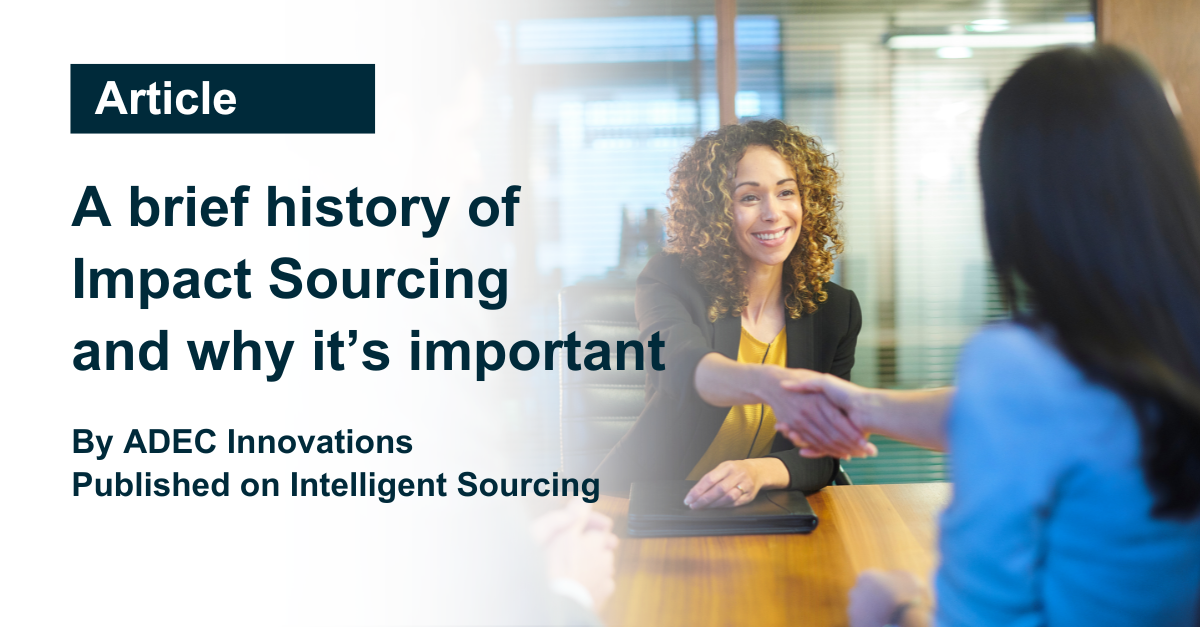
Source: Intelligent Sourcing
What is Impact Sourcing?
The meaning of Impact Sourcing has evolved since the term emerged in the early 2000s. In a nutshell, Impact Sourcing is a talent-sourcing approach that creates employment opportunities for individuals with otherwise limited economic opportunities.
Because the concept overlaps with similar ideas, like socially responsible outsourcing, it has evolved beyond its original focus. Now it encompasses broader social and impact goals, including gender equality and supporting local communities.
Impact Sourcing encompasses offshore and in-country sourcing. Offshore the model often generates jobs for marginalised individuals in emerging economies (e.g., India, Kenya, the Philippines, Zimbabwe and more)
The in-country approach includes creating employment by bringing operations to areas with low employment or employing from marginalised groups, like long-term unemployed, veterans and people with at-home care responsibilities.
Recently, the definition of Impact Sourcing has come under debate (and rightly so). The challenge of outlining a set of parameters which are prescriptive yet open to a range of applications has led to hurdles in its success measurement. As James Donovan, Group CEO of ADEC Innovations, a business process outsourcer (BPO) with an Impact Sourcing focus, reflected in a post following IAOP’s Outsourcing World Summit in 2023 – “Is Impact Sourcing about numbers? Is it about pure philanthropy?”.
Grasping the history and evolution of Impact Sourcing approaches can help shape our understanding of the current and future applications.
History of Impact Sourcing
The concepts linked to Impact Sourcing have been around for several decades. Back in the 1970s, the practice of “rural sourcing” emerged in the US to provide employment opportunities to individuals in rural areas, and since then, the concept has grown.
The 2000s – The term emerges
In the years preceding the 2000s, offshoring gained ground with outsourcing partners establishing centres in countries like India and the Philippines.
The primary driver for offshoring was to deliver operational cost reduction without compromising service quality or customer satisfaction. Moving work offshore gave rise to millions of new skilled jobs, enhancing economic conditions for workers, families, and communities and fostering a burgeoning middle class.
This era birthed Impact Sourcing – a strategic approach that intentionally utilises sourcing tactics to channel these economic gains for widespread positive impact.
The term “Impact Sourcing” was coined by the Rockefeller Foundation to describe this more intentional approach to employment that prioritises social impact.
The 2010s – The development
In addition to global work, the foundation supports the development of the outsourcing sector in Africa by providing job matching to help connect skilled youth and employers and supporting the business environment in countries to make them better places for outsourcing.
- 2012s – The United Nations Global Compact launches the Business Call to Action, which encourages companies to commit to inclusive business models, including impact sourcing.
- 2013 – Digital Jobs Africa Launched by Rockefeller Foundation
- 2016 – The Global Impact Sourcing Coalition (GISC) is established to promote the practice of Impact Sourcing and help organisations measure and report on their social impact.
- The Outsourcing Industry and Entrepreneurship Summit (OIES) is held in Kenya to promote Impact Sourcing as a tool for economic development in Africa.
- 2018 – The World Bank releases a report on the potential of Impact Sourcing to create jobs and reduce poverty in developing countries.
- ADEC Workforce set up operations delivering back-office, data entry and image annotation solutions in Kenya and the Philippines. Bringing employment and training to individuals in more rural areas by opening offices outside of tier 1 cities.
- CloudFactory was set up to connect people in developing countries to digital work, thereby creating economic and social impact.
- Daproim Africa started offering data entry, transcription, and digitization services while creating jobs for disadvantaged individuals in Kenya.
- DDD set up Impact Sourcing Service in several countries, providing data entry, content moderation, and other services while creating jobs for marginalized individuals.
- Samasource gained prominence for providing digital work opportunities to marginalized communities in countries such as Kenya, Uganda, and India.
- 2020 – the Impact Sourcing Champions Index start being applied to assess the number of workers employed, the quality of the jobs created, and the level of engagement with stakeholders.
- 2022 – Analyst interest picks up as Everest publishes a report on The Growing Need for Inclusive Talent Models: Learning from Impact Sourcing Specialists
- 2023 – Global Sourcing Association, in collaboration with IAOP, started to work towards the Global Sourcing Standard within social sourcing, which aims to create more inclusive and balanced impact sourcing.
- 2023 – Intelligent Sourcing introduces The Impact Sourcing Alliance, a resource for senior sourcing professionals looking for more information, vendors and connections in all areas of Impact Sourcing.
Latest Company News
